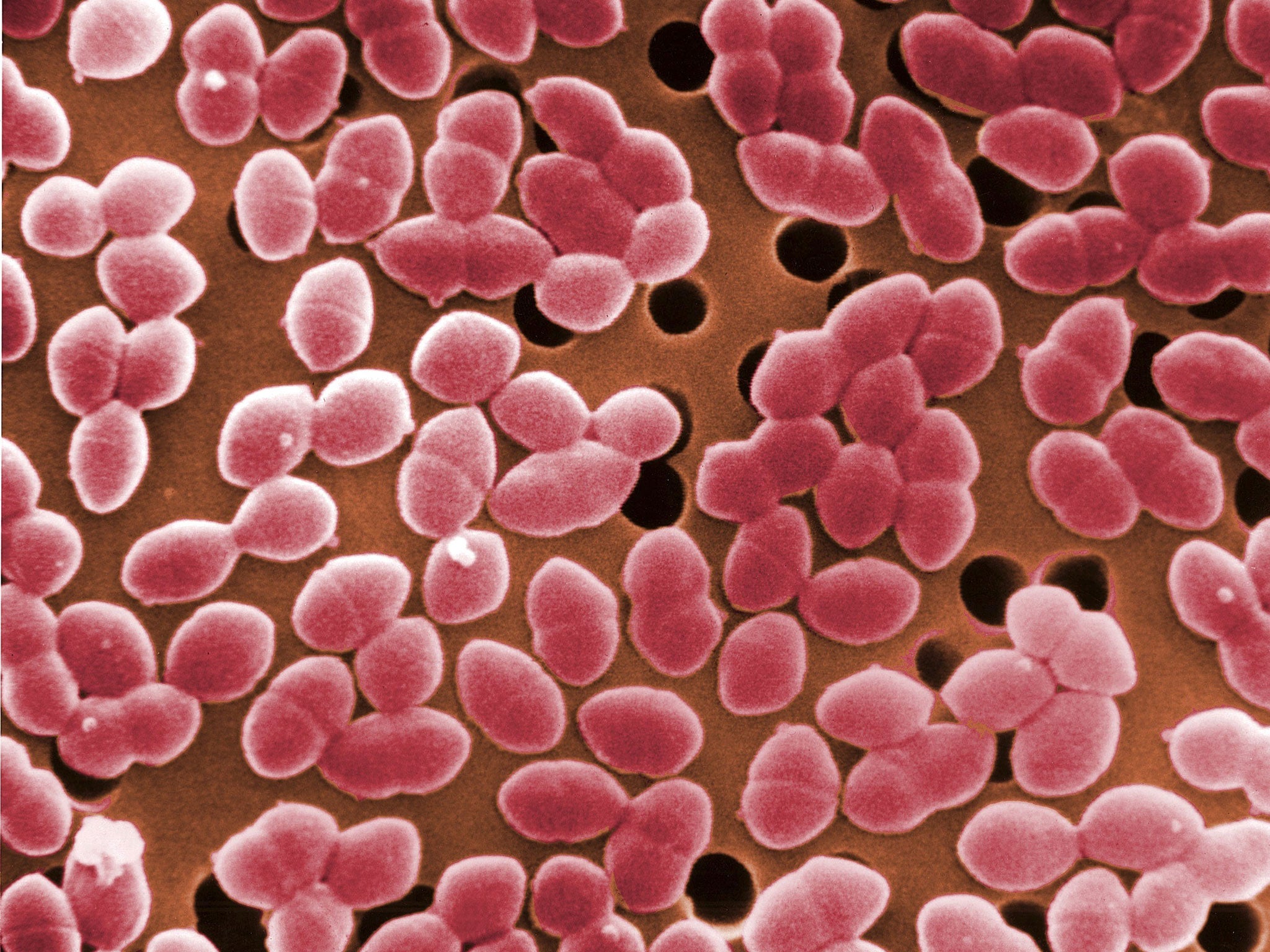Bacteria living in men’s penises could be promoting sexually-transmitted infections, scientists warn
What is living in there, how harmful are they and how can you get rid of them?

Your support helps us to tell the story
From reproductive rights to climate change to Big Tech, The Independent is on the ground when the story is developing. Whether it's investigating the financials of Elon Musk's pro-Trump PAC or producing our latest documentary, 'The A Word', which shines a light on the American women fighting for reproductive rights, we know how important it is to parse out the facts from the messaging.
At such a critical moment in US history, we need reporters on the ground. Your donation allows us to keep sending journalists to speak to both sides of the story.
The Independent is trusted by Americans across the entire political spectrum. And unlike many other quality news outlets, we choose not to lock Americans out of our reporting and analysis with paywalls. We believe quality journalism should be available to everyone, paid for by those who can afford it.
Your support makes all the difference.The idea of foreign bodies inhabiting the penis is, to most men, an unsavoury one.
Prepare to squirm, then, because scientists investigating Chlamydia in the US have discovered that, even in healthy men, there are tiny organisms living deep within the urogenital tract (the collective term for the urethra and ureter).
According to a report from The Scientist magazine, the area was once considered by biologists and doctors to be completely sterile in the absence of infections.
But experts now believe that there are many more microorganisms in the penis – and occupying many more parts of it – than we had ever realised.
David Nelson, an associate professor of microbiology and immunology, said he and his colleagues at the University of Indiana were studying sexually-transmitted diseases when they found evidence that the pathogens were receiving metabolites – which promote growth – from another microscopic source.
“There was a signature in the chlamydial genome that suggested this organism might be interacting with other microorganisms,” he said.
“That’s what initially piqued our interest. And when we went in and started to look, we found that there were a lot more [microbes] than we would have anticipated being there.”
If you’re worried that you might be harbouring harmful bacteria, though, those concerns may be a little premature. Nelson said that different people were hosts to different blends of microbes, and that there didn’t seem to be a specific set that made for a “healthy” urogenital tract.
While some bacteria could make a man more susceptible to infections like Chlamydia, others could actually help prevent them. “We just don’t know at this point,” Nelson said.
There are currently only two factors controllable factors which are believed to impact the number of microbes found in and on the penis, The Scientist reported – circumcision and sex.
According to a 2010 study published in Plos One, men who are uncircumcised “have significantly more bacteria on their penis, and the types of bacteria are also very different”.
The same study also found similar make-ups of bacteria between sexual partners, “lending support to the idea that partners share genital microbiota”.
But in case you were thinking of doing anything drastic, the scientists advised that a great deal more research is required in the area before solid health advice could be issued.
Given the crucial role played by sex, researchers want to study men of all ages and patterns of activity – but Nelson admitted it was a challenge “getting consent of people prior to initiation of sexual activity”.
Deborah Anderson, a professor of obstetrics, gynecology, and microbiology at the Boston University School of Medicine, agreed that more work was required. “The penis is understudied,” she said. “There could be a very interesting story there, but we haven’t really done the proper research.”
Join our commenting forum
Join thought-provoking conversations, follow other Independent readers and see their replies
Comments